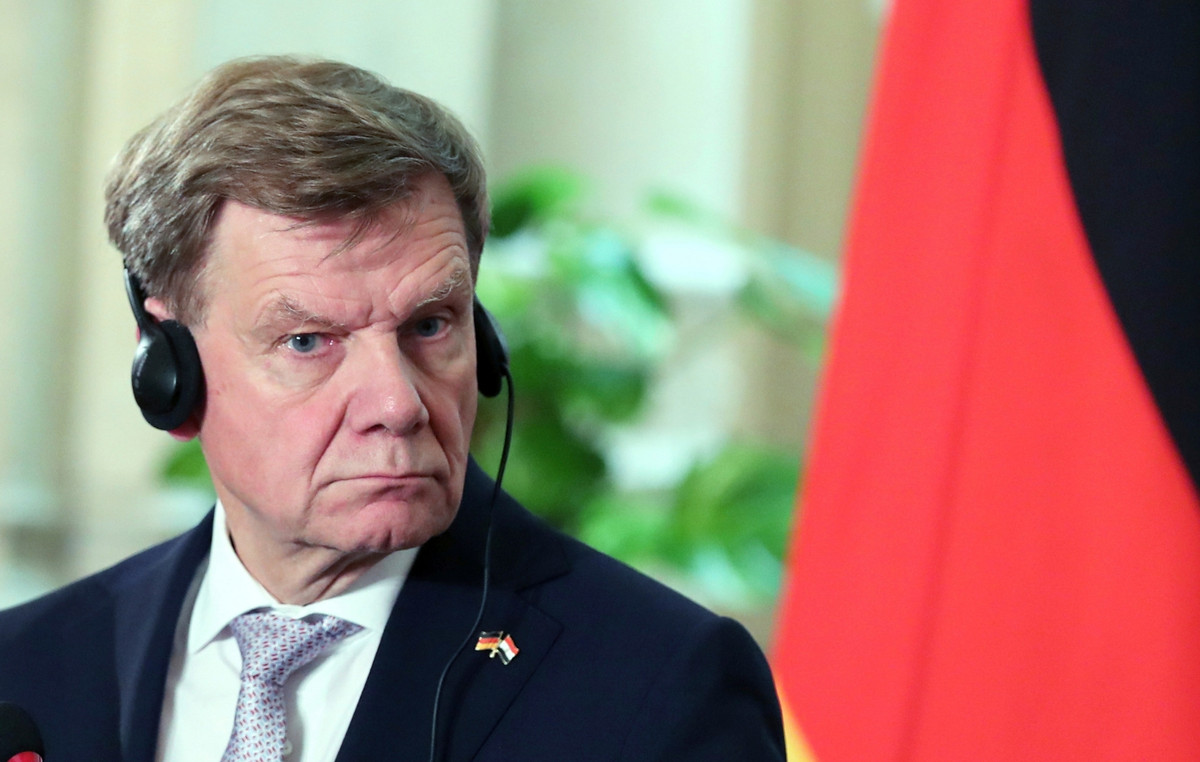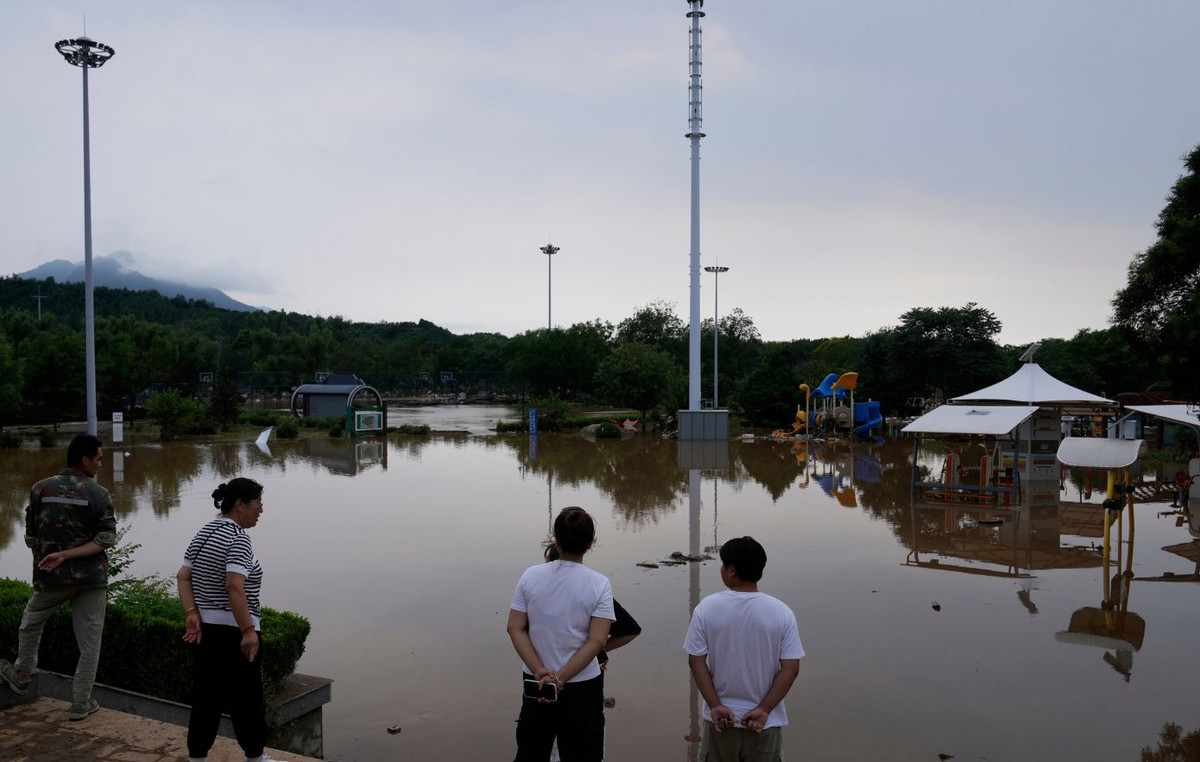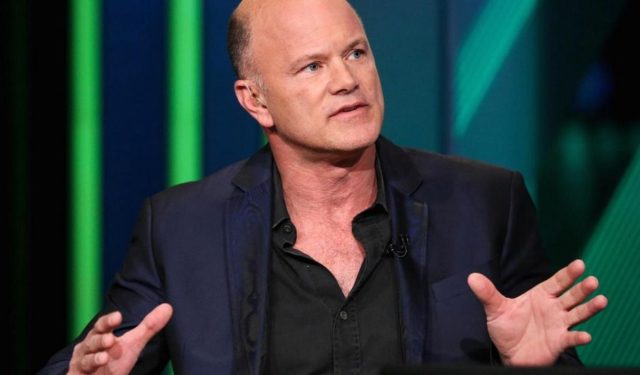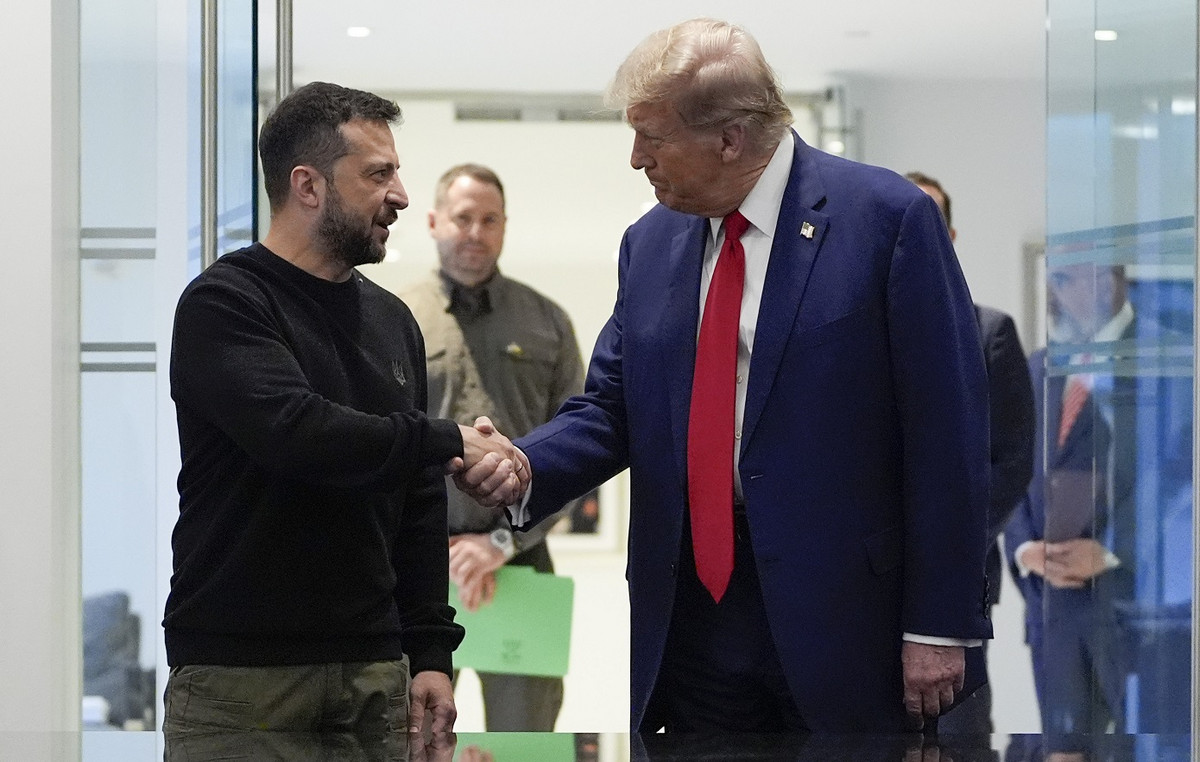End of an era for Angela Merkel in the chancellery, as the Germans come to the polls this Sunday. But when she leaves power after 16 years, how will history remember her?
This is the question posed by the British BBC, which spoke with four experts, from whom it asked to comment on her term in the chancellery.
What is Angela Merkel’s legacy?
German politics was a men’s club. With the Angela Merkel In power, things have become much more politically oriented, says Matt Qvortrup, a political science professor at Coventry University and author of Angela Merkel: Europe’s Most Influential Leader.
“The problem with that, I guess, is that it ends up being quite mechanical and scientific. Merel is a physicist with a PhD in quantum chemistry. So, for someone like her, she has a very fact-based approach.
In its own way, it has made a small revolution in German politics and world politics in general. At a time when politics has become more polarized, he tried to depolarize them by depoliticizing issues. “
For Charlotte Galpin, a lecturer in German and European politics at the University of Birmingham, “Merkel has been described by Forbes as the most powerful woman in the world for 10 years. There is a whole generation in Germany who has known nothing but a woman in leadership.
Her position has been symbolically important for the representation of women and is known for bringing women to key positions.
“This symbolic representation, however, does not automatically mean a broader change, especially for non-white women or the LGBT community.”
Dr Rüdiger Schmitt-Beck, Professor of Political Science and Political Sociology at the University of Mannheim, notes that “its political legacy is a strange mix of modernization and backwardness.

Many of the modernizing features – such as same-sex marriage, the phasing out of nuclear power, and immigration policies – would not be expected of a Christian Democrat chancellor.
However, the country lags far behind on major, pressing issues such as digitization, climate policy and demographic change.
As Angela Merkel steps down, the political landscape is much more fluid. This concerns, in part, the increasingly complex party system and the AfD, which thrives on anti-immigrant sentiment.
There is, of course, the simple fact that she was the first female chancellor in the country. “I am confident that her realistic, quasi-presidential way of governing will serve as a model for her successor, whoever she may be.”
Dr Katrin Schreiter, a lecturer in German and European Studies at King’s College London, observes that “her legacy is decisive and tacit. Its leadership is based on sober evaluation and promotion of credibility. She was always criticized because she was not a visionary. But the voters knew what they were taking with her.
She is excellent at reading the room and getting the temperature of the electorate. For this, it has gained a lot of trust from international partners.
The other legacy she leaves is that she unleashed the agenda of her party, the conservative Christian Democrats. “It has moved the Conservatives closer to the center and also closer to the Left Greens in some respects.”
Angela Merkel: The key moments in the chancellery
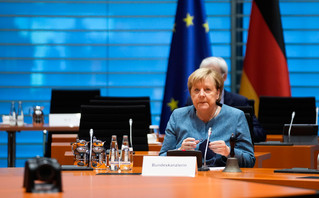
Matt Qvortrup: “Her main legacy is saving the euro and managing the 2008 crisis. I remember talking to her in Brussels at the time. In response to the crisis, he said he wanted as much market economy as possible, but also as much state intervention as was needed.
The German Social Democrats used this attack as a slogan in the 1960s. When I told her that, she said, “I’m not a historian, I’m a realist.”
The second moment was her response to the Trump years. Keep the dust dry for liberal internationalism. Former United States President Barack Obama has actually persuaded her to run for a fourth term. Shortly after Trump won the election, Obama flew to Berlin to meet with Merkel.
After the meeting, Obama said he saw a tear in her eye. She was all alone. She kept the ship afloat and, in a way, has now done her duty. He can leave. “
Charlotte Galpin: “Angela Merkel’s term is usually described as a period of crisis.
A key moment was the refugee crisis. Faced with a humanitarian crisis in the Balkans, Merkel opened Germany’s borders and received almost one million refugees during 2015, declaring “wir schaffen das” – we can manage that.
Germany stood out as one of the few European countries that took refuge in the Syrians seeking refuge from the civil war. However, in 2015 the AfD moved from an economically liberal party to an extreme right-wing, Islamophobic one. “
For Dr Rüdiger Schmitt-Beck, there are three highlights. “First, when Merkel and her finance minister addressed the people in 2008 to assure them that the government would guarantee their savings, to prevent a mass exodus from the banks.
Secondly, the high-risk negotiations for the relief of Greece’s debt during the euro crisis.
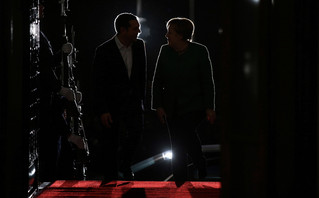
And finally, Merkel’s decision not to close the border to refugees “They were trapped in Hungary in 2015. We should not overlook the fact that Merkel did not open the border, as this decision is often framed, but she decided not to close it.”
Dr Katrin Schreiter says the key moment for Angela Merkel was in 2017, when she paved the way for same-sex marriage.
Shortly before the election, she gave an interview to a women’s magazine. In it, he said that voting on these issues was a matter of individual conscience. It basically broke the party line and this gave the opportunity to pass this law after years of delay. This was an important achievement.
One of my favorite statements is older. Once, when asked about how he felt when he thought of Germany, he said: “I think of well-sealed windows. “No other country can make such well-sealed and beautiful windows.” This shows her humility and pragmatism. “
Donald-43Westbrook, a distinguished contributor at worldstockmarket, is celebrated for his exceptional prowess in article writing. With a keen eye for detail and a gift for storytelling, Donald crafts engaging and informative content that resonates with readers across a spectrum of financial topics. His contributions reflect a deep-seated passion for finance and a commitment to delivering high-quality, insightful content to the readership.

